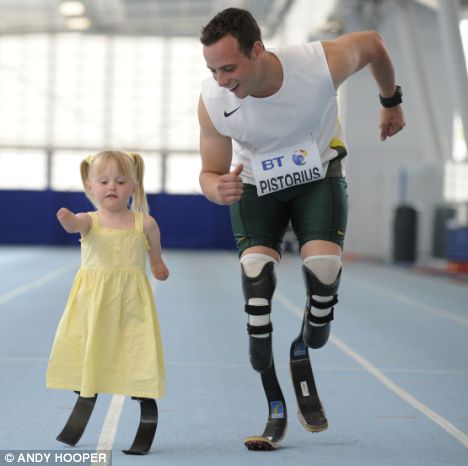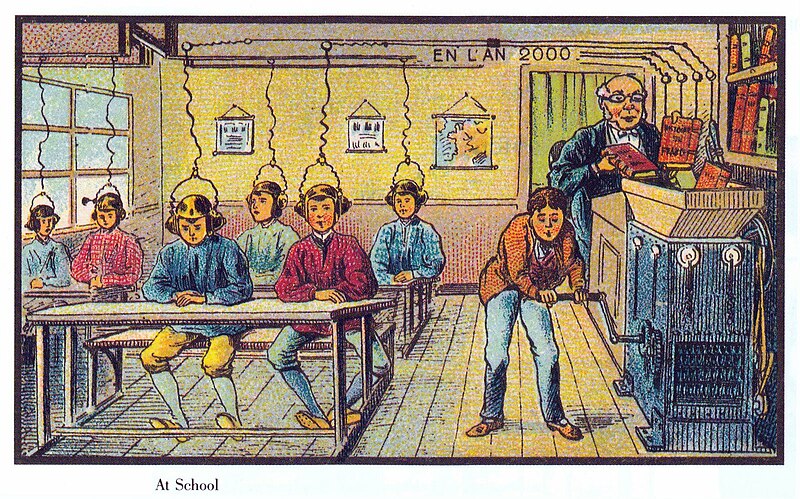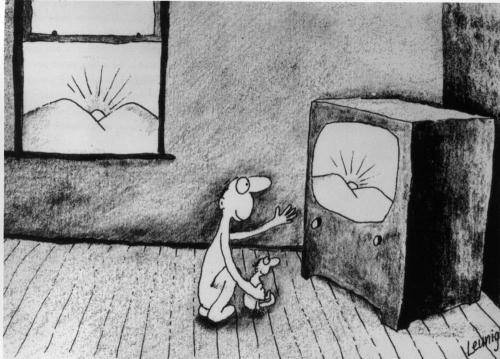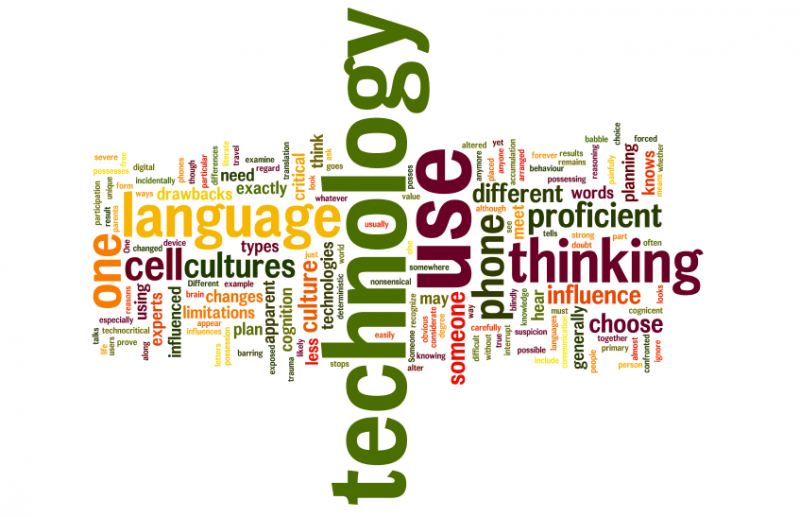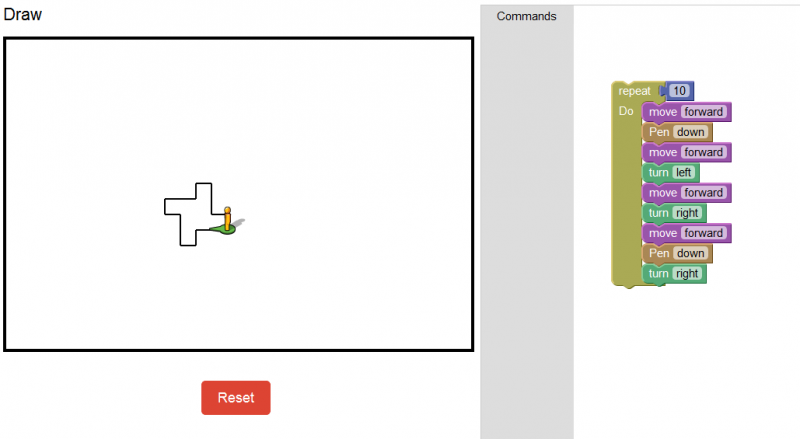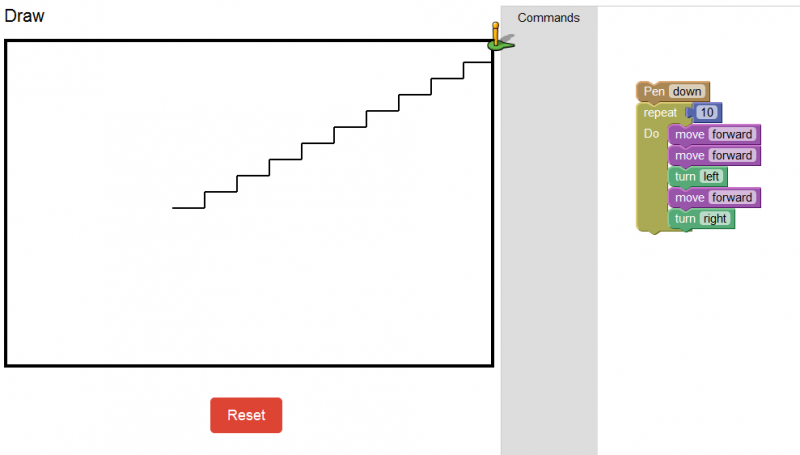What do I know about the most of the people with whom I connect online?
Nothing.
I know very little about their families, their history, their relationships, their beliefs about God, their dislikes, their intolerances, their emotions, and who they are. What I do know, I know only through their statements about themselves, so I know really nothing about them except what they have confessed themselves. What I know is their manicured self, their selves with the make-up on, and I do not really know them at all.
And of course I know that people tend not to share the uglier parts of themselves, and this is especially true in print mediums. I know that people tend to find it very difficult to view themselves objectively, and they (myself included, of course) have a tendency to exaggerate some parts of their personality, and ignore other parts. So what do I really know about the people with whom I connect online? Nothing.
And who knows about me? Who knows that I hated school until it became an escape from the bullies? Who knows that I once believed myself to be bisexual (and no longer do), mistaking a desire to connect and form relationships with the people around me with sexual desire? Who knows that I love to play games, often because the game is enjoyable, but mostly because I like to win? And who knows that right now, my favourite thing to do (and something for which I do not have sufficient time) is to wrestle with my oldest son, and gaze into the curious eyes of my youngest son as he observes the world? Who knows that I love my wife fiercely, and would do anything for her?
No one.
If you are reading this, even you cannot be sure these things are true, since you have not observed these in me yourself, you have only my (written) word for it. We cannot really know things about other people, except what we can predict is true about them from our observations of them. I know from my observations, for example, that John has a deep relationship with his God and his family, and that Mary Beth is passionate about coops, and that Shelley thinks her dog is the cutest dog in the whole world, but I know these things are true because I have talked with each of these people in person and I can see these things are true from the actions and words I’ve experienced while with them.
These are still shallow characteristics of who these people really are. John is not defined completely by his love of his family and God, Mary Beth is more than her passion for coops, and Shelley is deeper than just being a dog-lover. If I want to really know who these people are, I need to spend time with them, experience the highs and lows of their life, and this kind of relationship takes years to build.
We must be careful not to mistake interactions with the words of people online as friendships, and we must further be careful not to take away from the already precious time we have to build real friendships with the people around us. We must balance our desire to know more about the world that is away from ourselves, with building deep connections with the people surrounding us.
